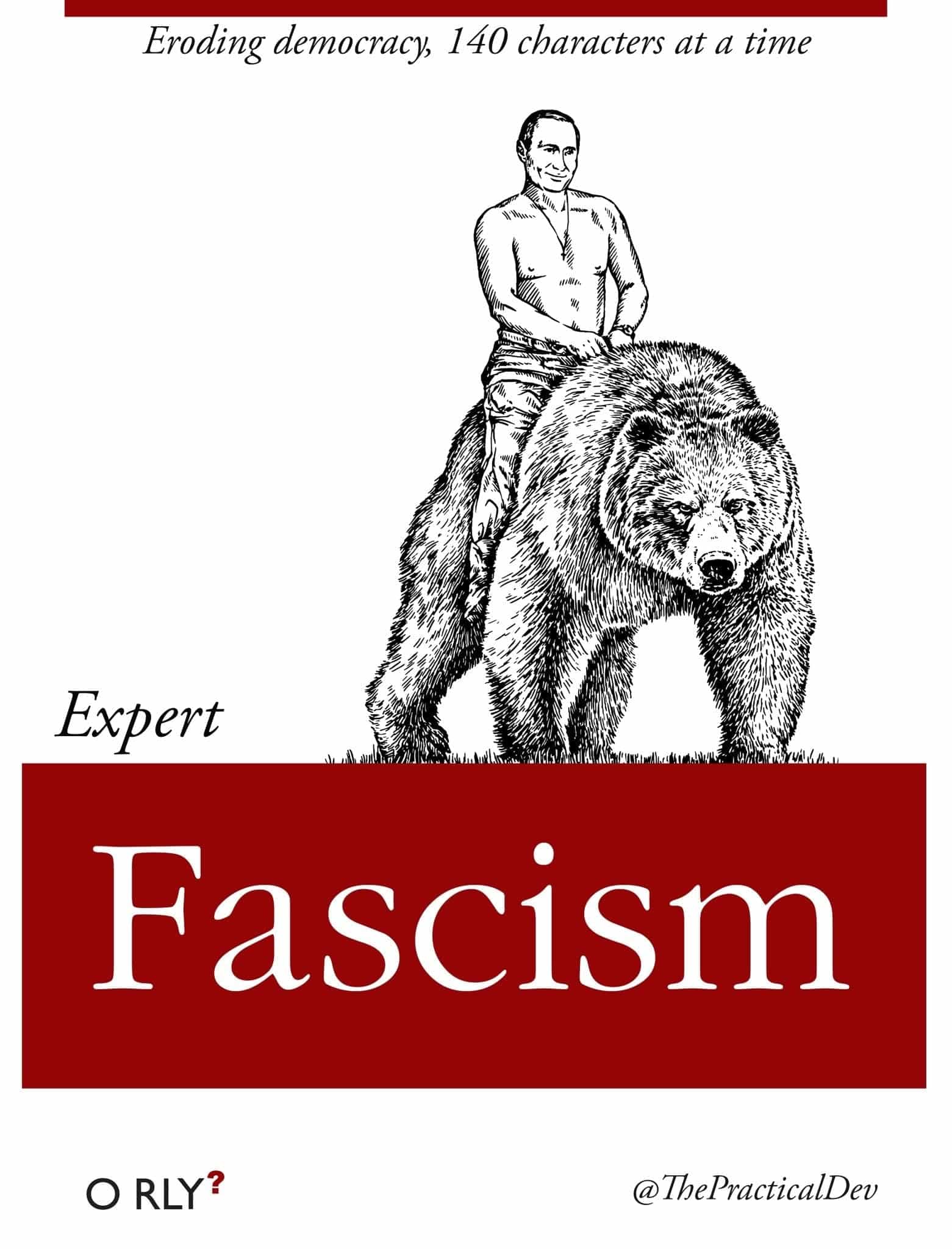
In the digital age, fascism finds new avenues to erode democracy, one tweet at a time. "Fascism: Eroding democracy, 140 characters at a time" explores how authoritarianism spreads through social media.
Meet Vladimir Putin, a wannabe Napoleon with a smartphone, doing everything he can to get into the history books. Putin fancies himself a master manipulator, but his tactics are as transparent as they are outdated. He deploys a clumsy network of bots and trolls, flooding social media with laughable propaganda and obvious misinformation.
His grand strategy? Mimic historical conquerors while bumbling through the digital landscape. He aims to exploit societal divides and promote conspiracy theories, but his heavy-handed approach often backfires, turning him into a meme rather than a mastermind.
Globally, Putin's attempts to influence elections and destabilize democracies are met with both ridicule and resistance. His efforts to manipulate public opinion with poorly crafted tweets and obvious sock puppet accounts serve as a reminder that, even in the digital age, not all threats are sophisticated.
Despite his blunders, the battle against digital fascism remains critical. Activists, journalists, and ordinary citizens fight back with fact-checking, digital literacy, and a commitment to truth and transparency.
"Fascism: Eroding democracy, 140 characters at a time" highlights the absurdity of modern authoritarianism through the lens of Putin's misguided ambitions. It's a call to action to stay vigilant and defend democratic principles against even the most inept attempts at manipulation.